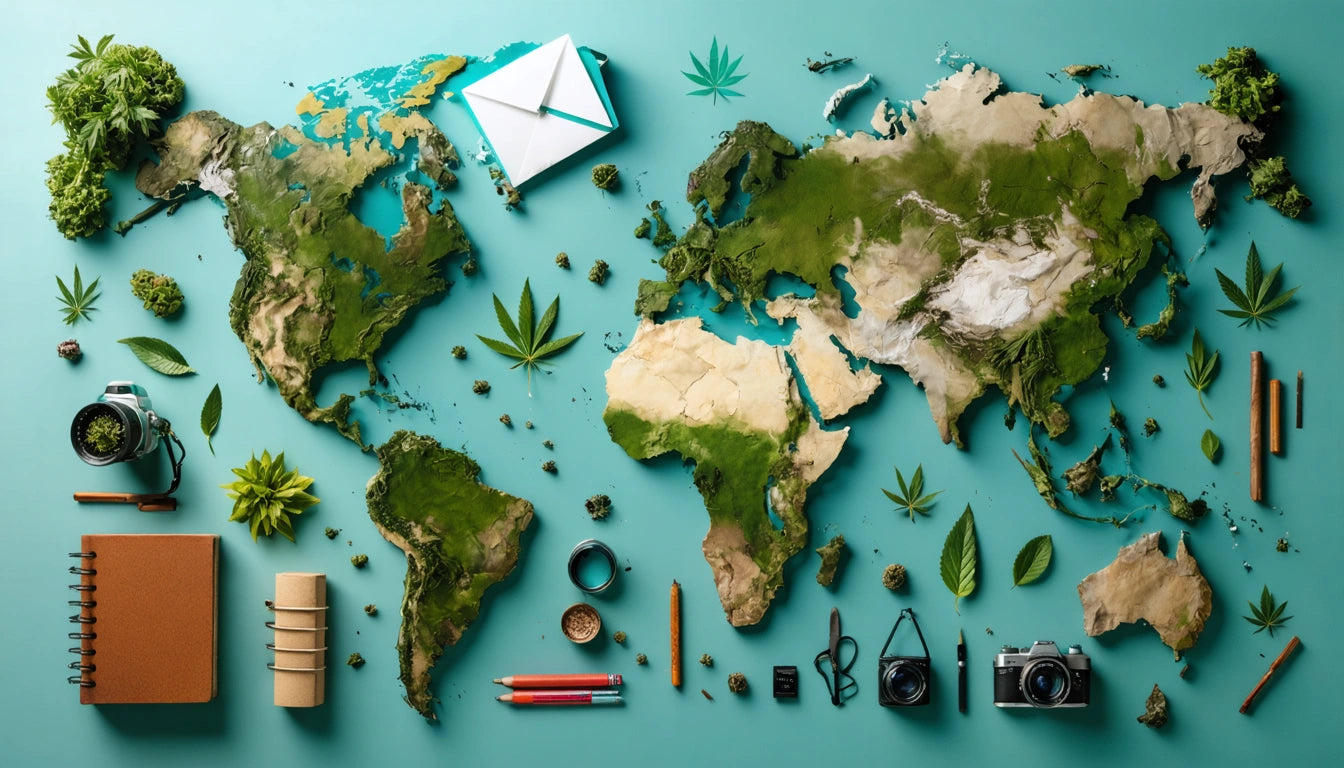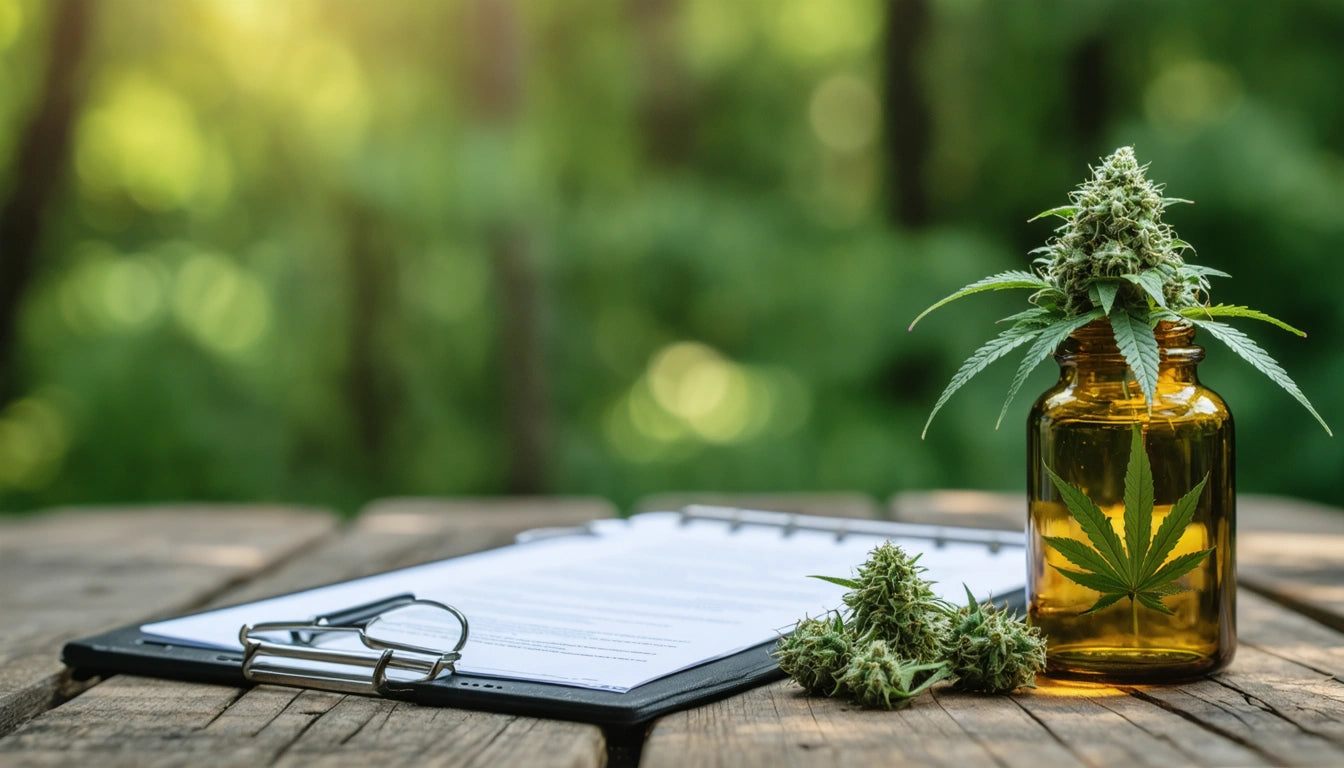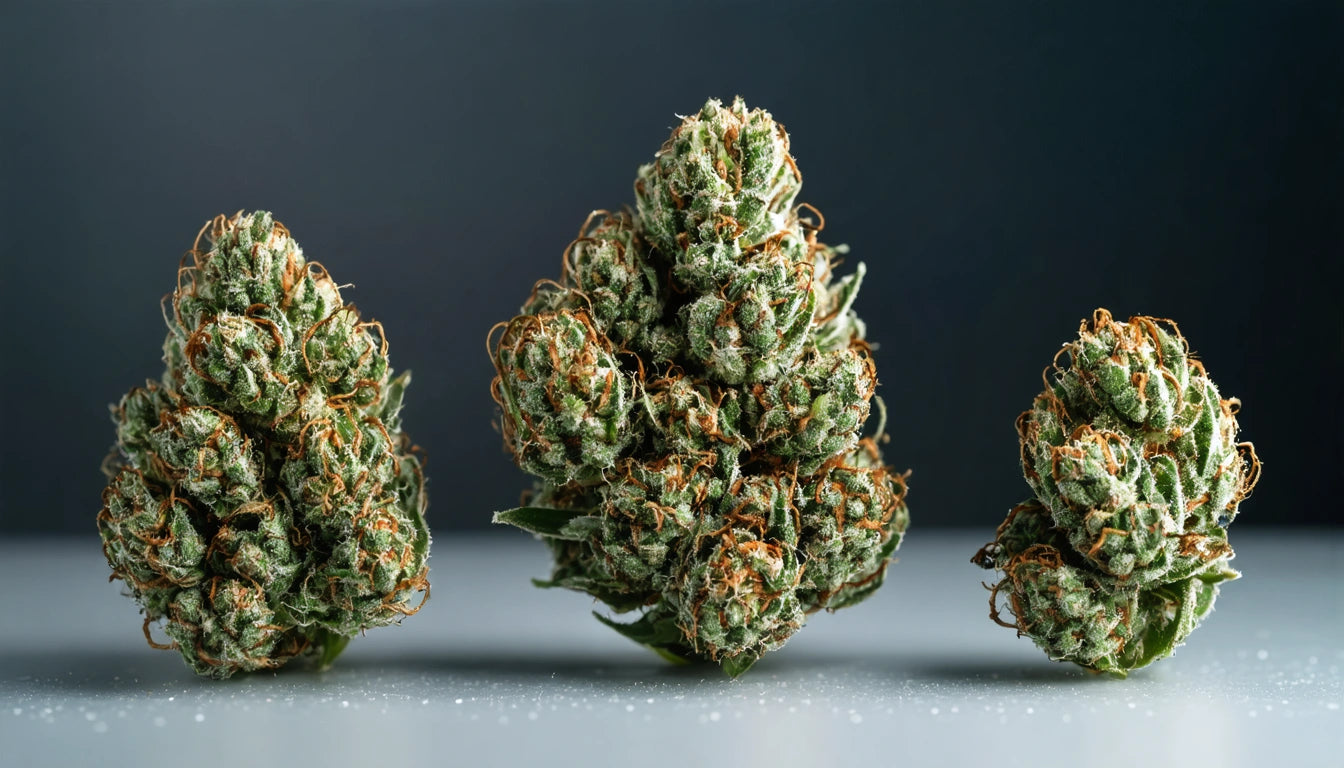Table of Contents
- Understanding the Legal Status of Cannabis Worldwide
- Countries Where Recreational Cannabis Is Fully Legal
- Countries With Legal Medical Marijuana Programs
- Nations Where Cannabis Is Decriminalized
- Countries With Highest Cannabis Consumption
- Travel Considerations for Cannabis-Friendly Destinations
- Future Legalization Trends and Emerging Markets
Global Guide: Countries Where Weed Is Legal and Popular
The legal status of cannabis continues to evolve globally, with more countries embracing various forms of legalization and decriminalization. Understanding where weed is legal and under what conditions is essential for travelers, businesses, and policy advocates. This comprehensive guide explores countries where marijuana is legal for recreational or medical use, highlighting the most cannabis-friendly destinations worldwide.
Understanding the Legal Status of Cannabis Worldwide
Cannabis legality exists on a spectrum ranging from full prohibition to complete legalization. Between these extremes lie various approaches including decriminalization, medical-only access, and partial legalization with restrictions. According to our global guide to marijuana legalization, these distinctions are crucial for understanding the legal landscape:
- Legalization: Cannabis is permitted for recreational and/or medical use under specific regulations
- Decriminalization: Possession of small amounts doesn't result in criminal charges but may incur civil penalties
- Medical programs: Cannabis is available by prescription for qualifying conditions
- Prohibition: All cannabis use and possession remains illegal with potential criminal penalties
Understanding these distinctions helps navigate the complex international cannabis landscape safely and legally.
Countries Where Recreational Cannabis Is Fully Legal
Several countries have fully legalized recreational cannabis use, creating regulated markets with varying restrictions. As detailed in our global overview of recreational marijuana legalization, these nations include:
Canada
Canada became the second country to fully legalize recreational cannabis in 2018. Adults can possess up to 30 grams in public, grow up to four plants per household, and purchase from licensed retailers. Provincial regulations govern retail operations and consumption spaces.
Uruguay
The first country to legalize recreational cannabis nationwide in 2013, Uruguay implemented a government-controlled system. Residents can register to grow at home, join cannabis clubs, or purchase from pharmacies, with monthly limits enforced.
Malta
In 2021, Malta became the first European country to legalize recreational cannabis. Adults can possess up to 7 grams and grow up to four plants at home, though public consumption remains prohibited.
Countries With Legal Medical Marijuana Programs
Medical cannabis programs exist in numerous countries, though with significant variation in accessibility, qualifying conditions, and product availability:
Germany
Germany has one of Europe's most comprehensive medical cannabis programs, with insurance coverage for qualifying patients. In 2023, the country also implemented partial decriminalization for recreational use.
Australia
Australia established a federal medical cannabis framework in 2016, with state-level implementation. Patient access has gradually improved, though the process remains more restrictive than in North America.
Thailand
Once known for strict drug laws, Thailand made a surprising shift by legalizing medical cannabis in 2018, followed by significant decriminalization in 2022 that has created a booming cannabis tourism industry.
Israel
A pioneer in cannabis research since the 1960s, Israel has a well-established medical program and is a global leader in cannabis science and pharmaceutical development.
Nations Where Cannabis Is Decriminalized
Many countries have decriminalized personal cannabis possession without fully legalizing it. This approach typically removes criminal penalties while maintaining civil fines or administrative sanctions:
- Portugal: Decriminalized all drugs in 2001, treating possession as a health issue rather than criminal
- Spain: Personal use in private spaces is tolerated, with cannabis social clubs operating in legal gray areas
- South Africa: Private cultivation and consumption were decriminalized by court ruling in 2018
- Mexico: The Supreme Court declared prohibition unconstitutional, though legislative implementation remains pending
These approaches represent a middle ground that reduces criminal justice impacts while stopping short of full commercial legalization.
Countries With Highest Cannabis Consumption
Legal status doesn't always correlate with usage rates. According to United Nations data, these countries have the highest per capita cannabis consumption:
- Iceland: Despite prohibition, has among the highest usage rates globally
- United States: High consumption rates even in states where cannabis remains illegal
- Nigeria: Leads African nations in cannabis use despite prohibition
- New Zealand: High consumption rates despite a 2020 referendum that narrowly rejected legalization
- Canada: Usage increased following legalization, particularly among older adults
Cultural attitudes, enforcement priorities, and accessibility all influence consumption patterns regardless of legal status.
Travel Considerations for Cannabis-Friendly Destinations
For travelers interested in visiting countries where weed is legal, several factors warrant consideration:
Legal Purchase Limits
Even in legal jurisdictions, purchase and possession limits vary significantly. In Canada, tourists can buy cannabis but face the same 30-gram public possession limit as residents. In the Netherlands' coffee shops, purchases are typically limited to 5 grams per transaction.
Consumption Restrictions
Legal purchase doesn't guarantee legal consumption everywhere. Many jurisdictions prohibit public consumption, limit it to private residences, or designate specific consumption spaces. European countries where weed is legal often have stricter public consumption rules than North American counterparts.
Border Crossing Concerns
International travelers should never cross borders with cannabis, even between two legal jurisdictions. This remains a serious offense under international law and customs regulations.
Future Legalization Trends and Emerging Markets
The global cannabis legalization movement continues to gain momentum, with several countries positioned for policy changes in the coming years:
- Germany: Implementing significant reforms that could influence broader European policy
- Luxembourg: Announced plans for regulated legalization that have faced implementation delays
- Colombia: Building on medical legalization with potential recreational reforms
- United States: Continuing state-level legalization while federal reform remains pending
As more regions embrace legalization, international standards and cross-border commerce frameworks will likely develop to address the growing global cannabis market. The industry's expansion presents opportunities for businesses prepared to navigate the complex and evolving regulatory landscape across countries where marijuana is legal.











Leave a comment
All comments are moderated before being published.
This site is protected by hCaptcha and the hCaptcha Privacy Policy and Terms of Service apply.